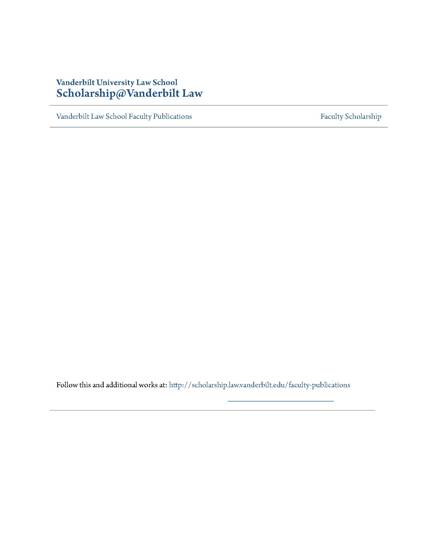
- payday loans,
- predatory practice,
- regulatory framework
Since payday lenders came on the scene in 1990s, regulation of their "predatory" practices has been swift and often severe. Fourteen states now ban payday loans outright. From an economist's perspective, high-interest, short-term, small loans need not be a bad thing. Payday credit can help borrowers "smooth" consumption, unequivocally improving welfare as consumers borrow from future good times to help cover current shortfalls. These benefits of credit can accrue even at typical payday loan interest rates of 300%-600% APR. The question of whether payday credit actually assists borrowers in this way is an empirical one. In this Article, I review the existing evidence on how borrowers use payday loans. I document the prevalence of rollovers and default, the effect of varying principal amounts and loan durations, the existence of self-control problems and myopia among borrowers, and the demand for payday loans over other types of cheaper credit. I then document the disconnect between this collection of evidence and the existing regulatory frameworks which purport to help consumers avoid misuse of payday loans. These regulations on payday lending include outright bans, price caps, minimum and maximum loan lengths, minimum and maximum loan sizes, and rollover restrictions. I argue that: (1) outright bans are misguided, (2) larger loans can actually help borrowers, (3) loan-length restrictions are ineffective, and (4) rollover restrictions do make sense.
Available at: http://works.bepress.com/paigemarta-skiba/3/
